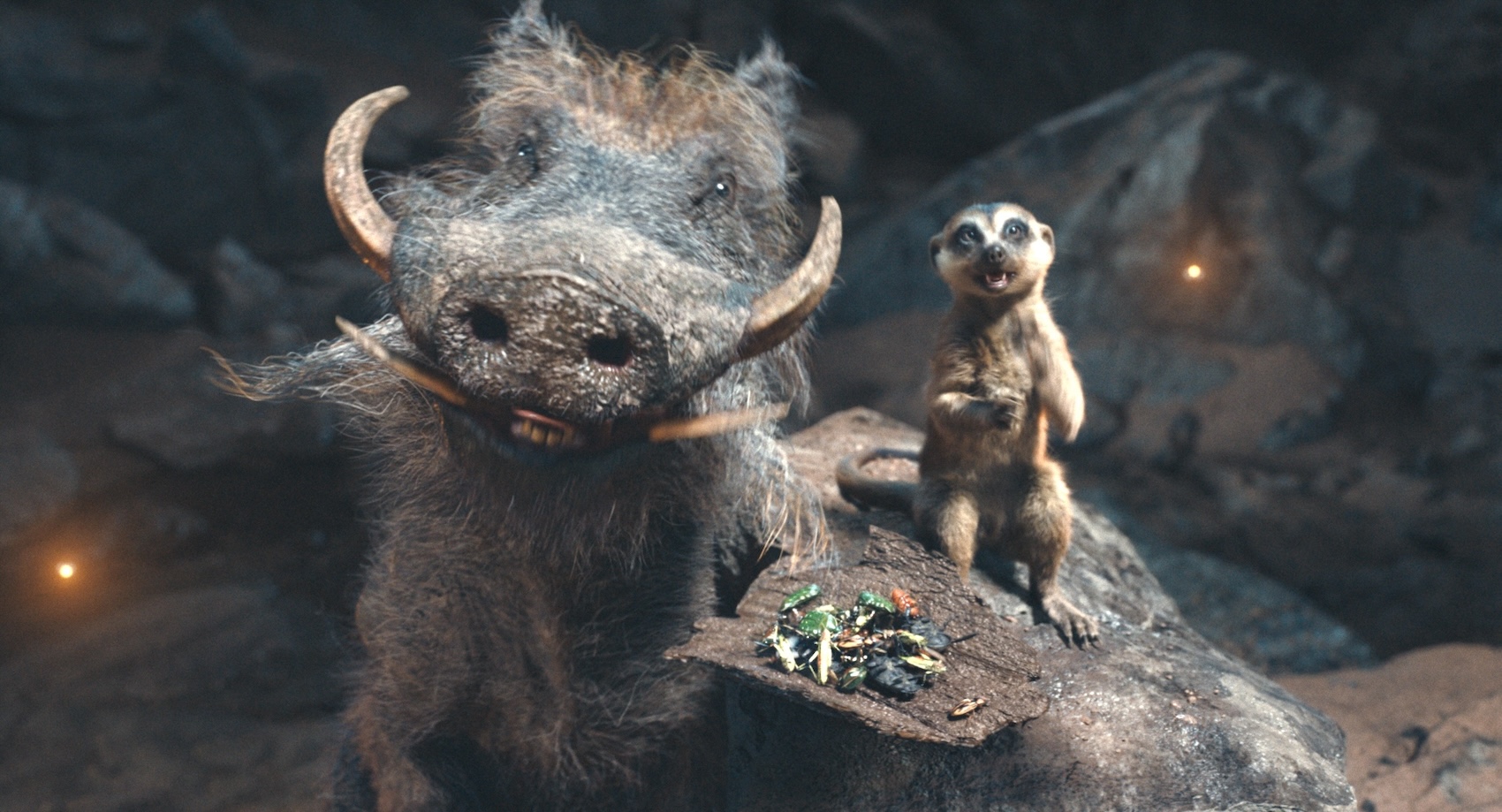Mufasa: The Lion King” is a prequel to the ‘The Lion King’ movie series, focusing on Mufasa’s early years as a lion cub. Director Barry Jenkins addresses two key questions: How did the young Mufasa become king, and why did his brother Scar turn against him? Upon viewing the film, my first reaction was pure delight; the scenery is absolutely gorgeous. While some have criticized the movie by asking, “Is it necessary?” or “Do we really need another ‘Lion King’ movie?” I believe the answer is yes. I appreciated Mufasa’s backstory and felt confident that an Academy Award-winning director like Jenkins would deliver something fantastic. My only concerns are that, at times, it is difficult to distinguish one lion from another, and much of the film consists of non-stop battles between lions.

Be prepared to see a significant amount of lions biting, clawing, and roaring in combat. Parents should use caution and consider not bringing children under eight or ten years old. The story shows a very young Mufasa being raised by another lion family after being separated from his pride. They tease him and call him a stray, to which he responds, “I’m not a stray, I’m just lost.” Ultimately, he proves himself to everyone.

Director Jenkins wanted to convey that Mufasa did not have a perfect start in life. He was essentially on his own and had to find his way. Screenwriter Jeff Nathanson explains that by exploring the origins of the Disney saga, they could take the story in many different directions while still honoring the source material. A central question is how Mufasa and Scar became brothers. We also learn how Taka convinced his mother to take Mufasa into their pride, as well as the reason behind his name change to Scar.

The writers agreed that Mufasa’s worldview, characterized by compassion and empathy, differs significantly from traditional views of a king. They wanted to delve into what shaped him into a wise and powerful leader and a great father.

I also enjoyed the many catchy songs throughout, created by Lin-Manuel Miranda, Dave Metzger, Hans Zimmer, and others. The humor of Rafiki, the wise mandrill voiced by John Kani, stood out to me. Rafiki was born with a limp and was previously ostracized by a troop of baboons due to his prophetic visions of a cheetah repeatedly attacking their home. Despite helping his fellow primates by healing them and leading them to water during dry seasons, Rafiki was banished. I found his scenes thoroughly enjoyable, with humor that was spot on. I had the pleasure of meeting Seth Rogen, who voices Pumbaa, the warthog, and I think he’s one of the funniest guys in Hollywood. I also can’t forget Timon, the meerkat voiced by Billy Eichner.

My favorite line and lesson comes from Rafiki: “It is not what you were; it is what you have become.” This important message emphasizes that despite your early circumstances in life, staying true to your values will help you achieve your dreams and shape your future.
Hollywood 360 Radio Network Podcast: Mufasa_H630
Sarah Knight Adamson© December 23, 2025
